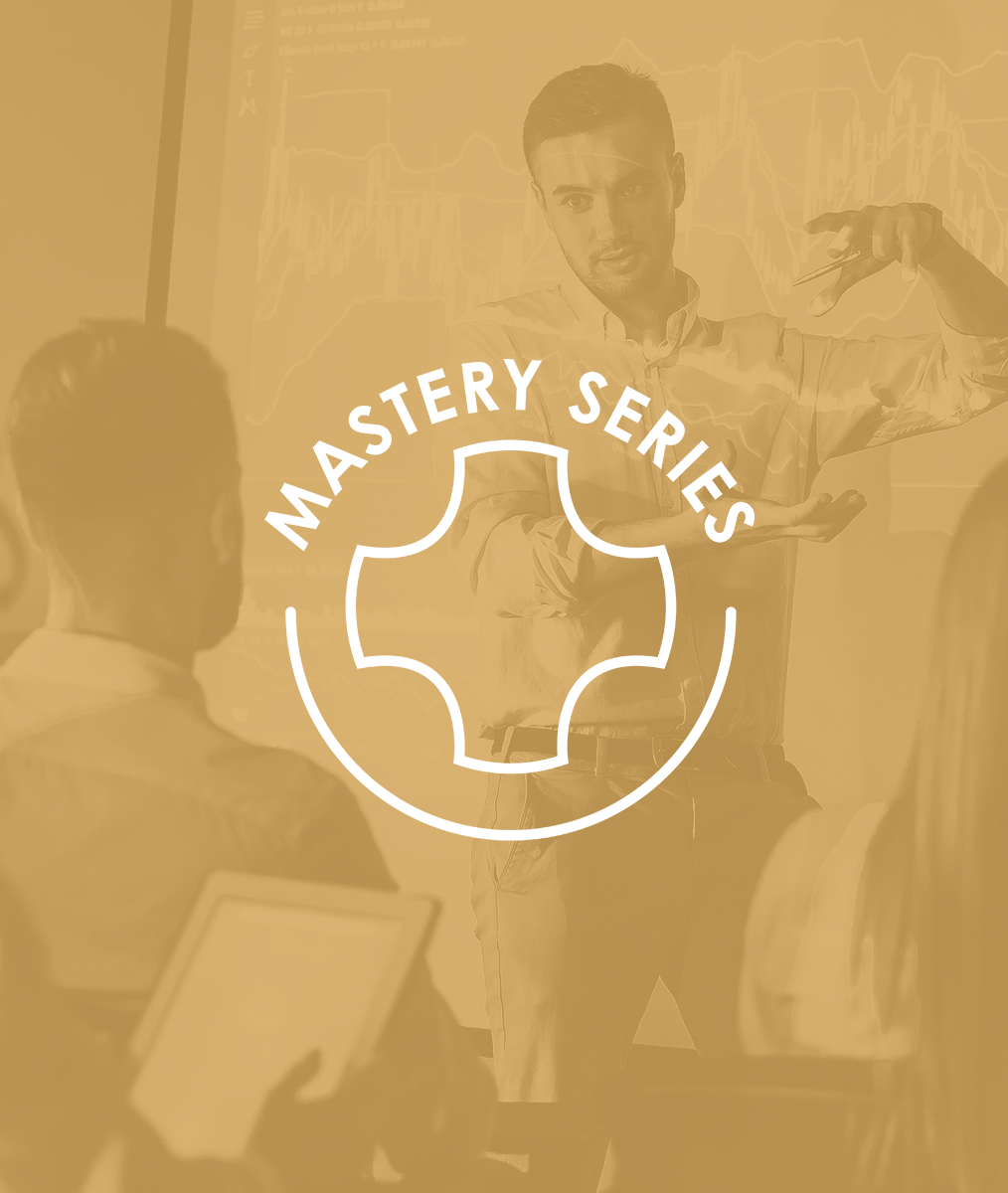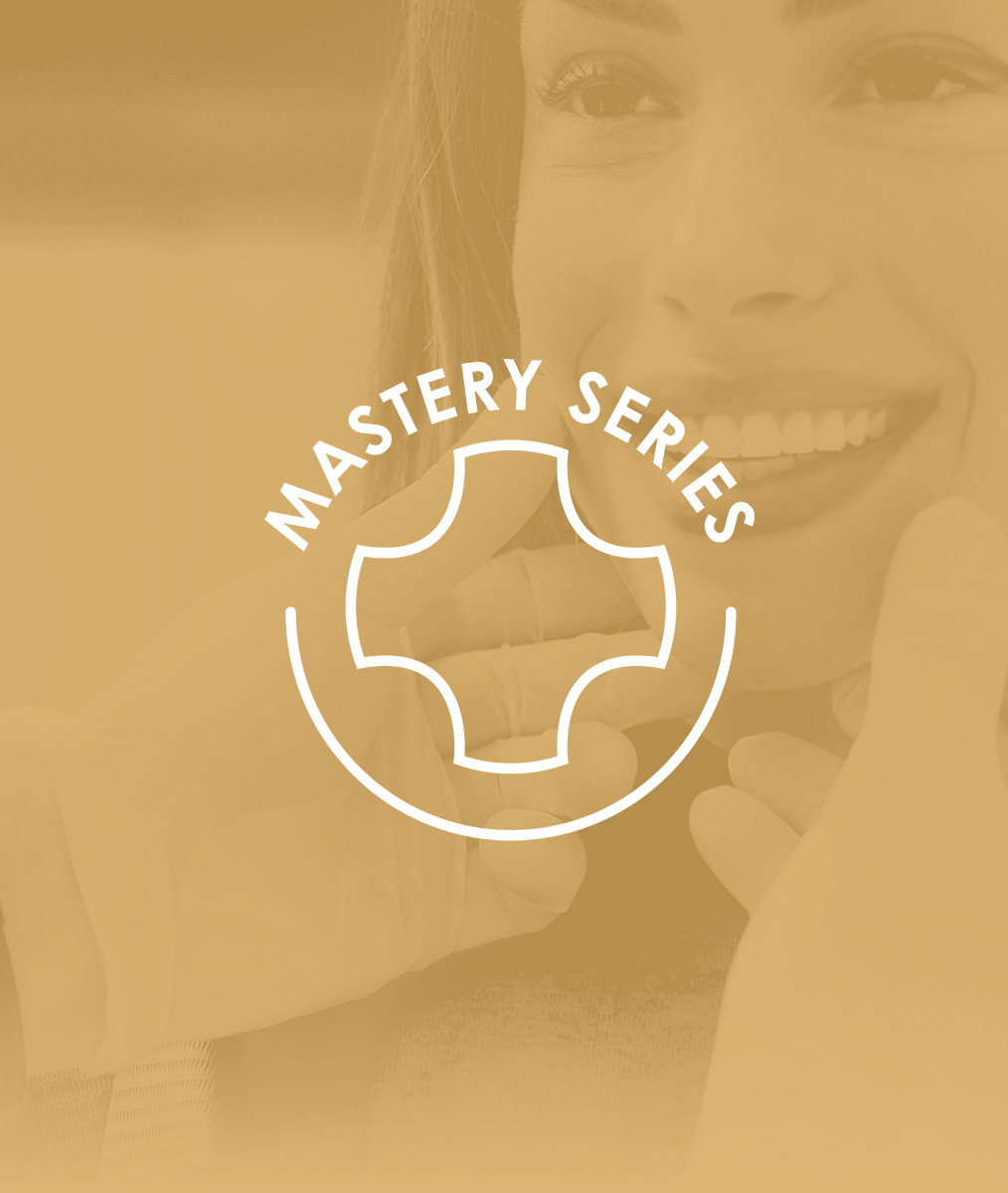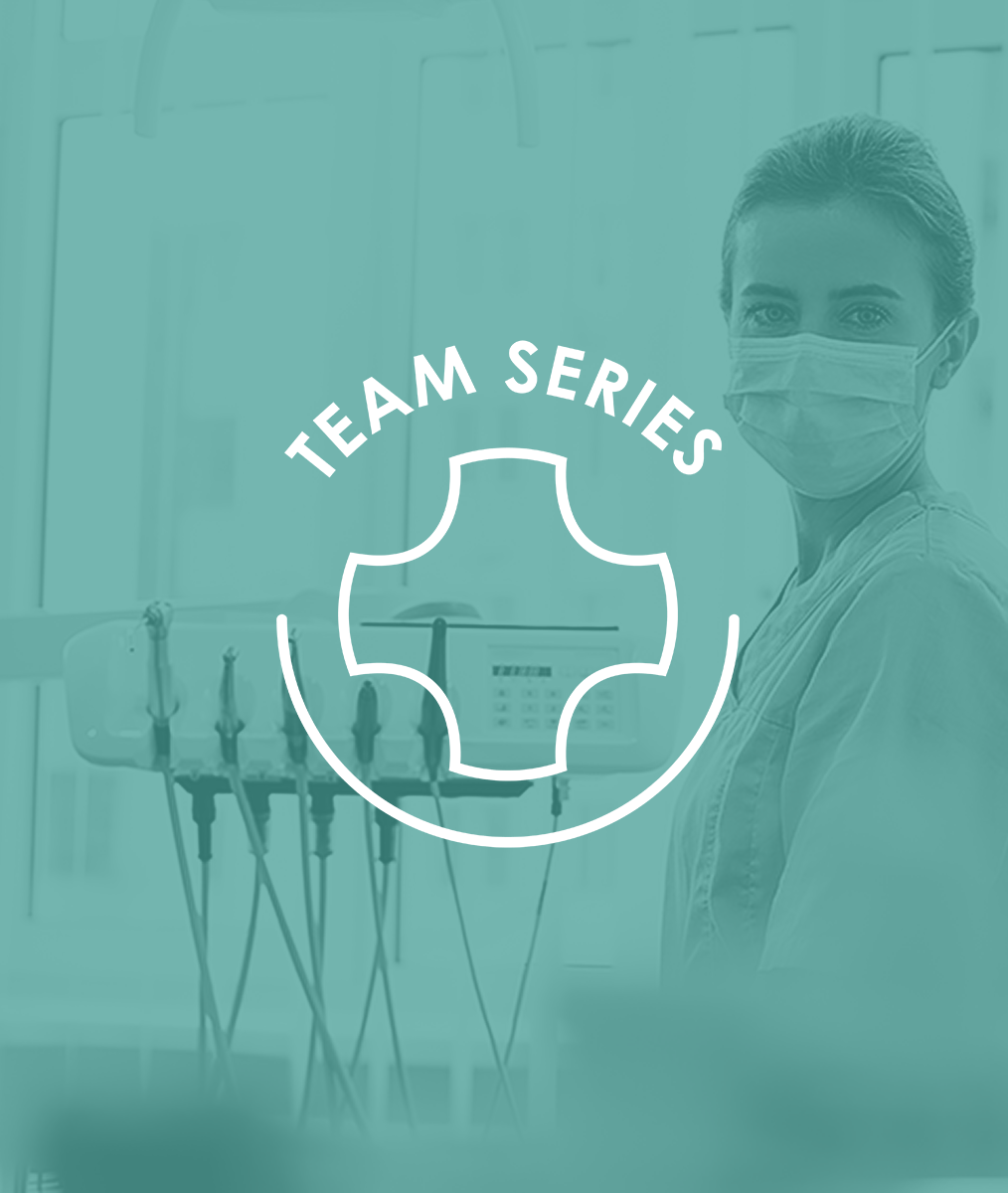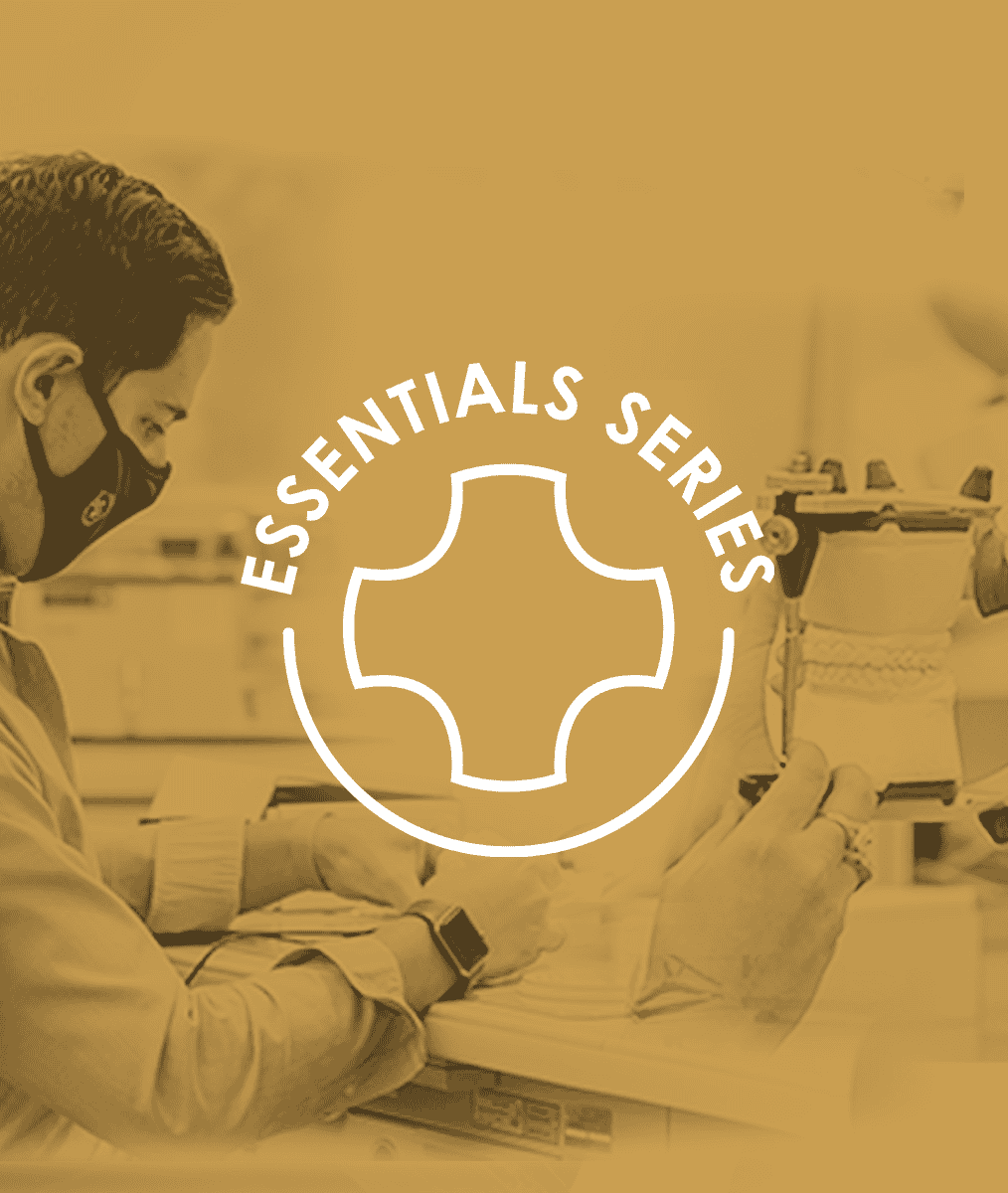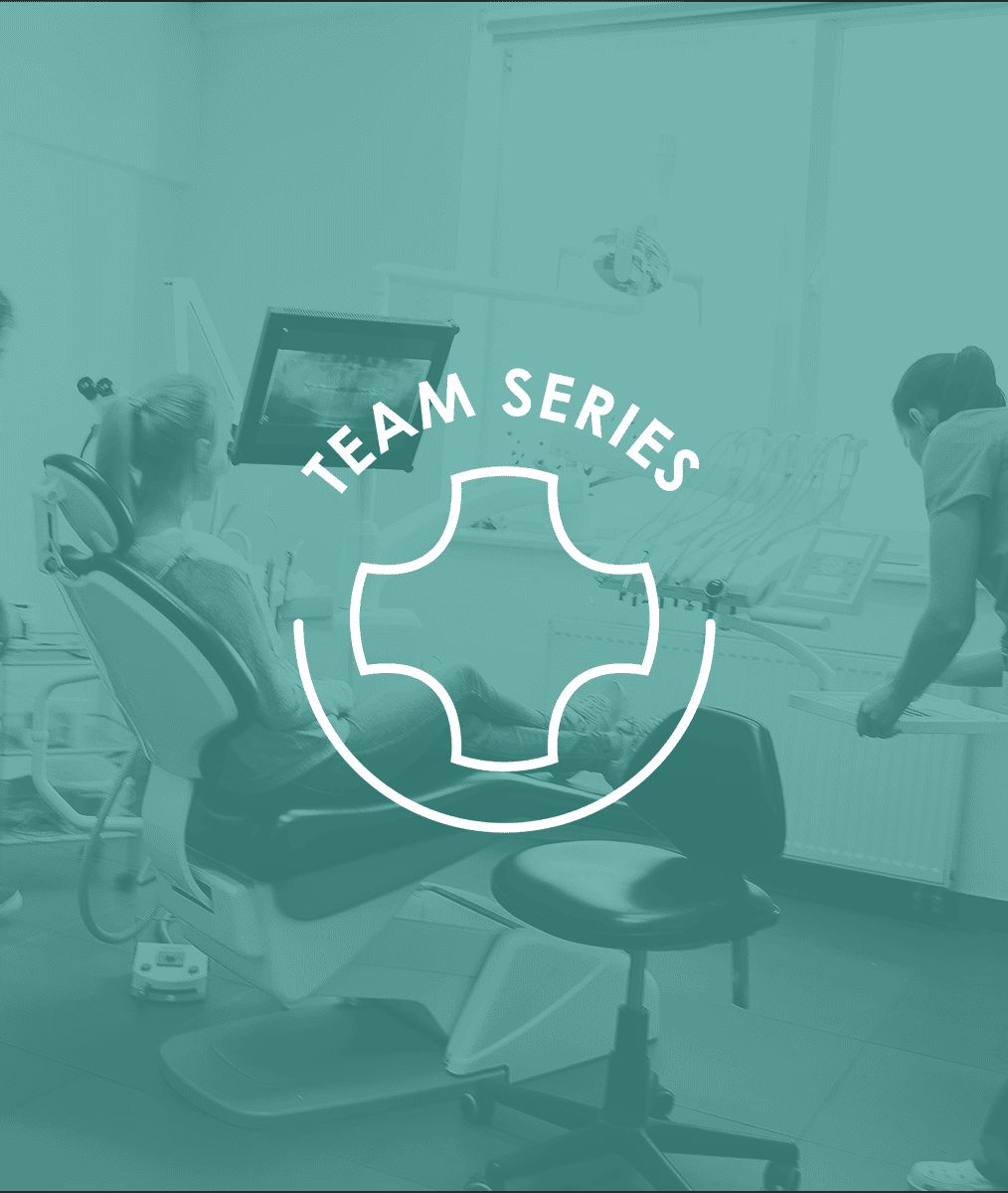Effective Strategies for Managing Transition in Your Dental Practice Part 3
By Edwin “Mac” McDonald DDS
Effective management during transitions directly impacts overall success. By implementing these strategies, you’ll lead your dental practice through change more smoothly. In Part 1 of this series, I described Phase One: The Ending Zone, the time during which a team is feeling the loss of the familiar and coping with uncertainty. In Part 2, I described Phase 2: The Neutral Zone, the time when a team is learning to embrace the change. Let’s look at what is likely to happen in Phase Three as a team continues to transition through change.
Phase Three: New Beginnings
During the third phase, the grieving is now passing or gone. This is when you and your team begin to identify yourselves (your culture) with “the new”—whether that be a practice ownership change, addition of more team members, merging with another dental practice, moving to a new office, updating your technology, adding a new niche service, dropping PPOs, or changing your operational systems (how you do things). The change is affecting their daily work and interactions with patients and each other. Adding to this burden is the tendency for patients to ask questions about the change. They also want to know about and feel connected to the change. Time and energy go into that additional communication.
But, wonderfully, uncertainty is gone and things are clearer to the team members. Commitment becomes high again, and things start to feel “normal” again. People’s sense of competence is greater, they are able to easily identify the practice’s values to what is happening and how they are personally connected to them. When leaders and team members get to this stage, they can focus on the quality of the patient experience, and a new sense of commitment is felt.
Strategies for Managing this Phase
- Continue to talk with your team and individuals about how they are feeling about the change.
- Acknowledge team members that have contributed to the changes. Doing this publicly cultivates trust and gives an example for others to follow.
- Give individuals a part to play in sustaining the change and ensuring that it becomes the way of working or operating. People need to feel as though they are a part of it. Some leaders who have a hard time with delegating may need to practice letting go.
Keep in Mind
- Ultimately, the leader’s ability to communicate effectively will be the leading success factor in managing transition.
- Approach other natural leaders in your practice – these are the people that others tend to follow or listen to , so get their buy-in early in the process. This will provide more support for you during the process.
- Expect people’s performance to drop during the process and give grace to those that are not at their highest and best. Eventually, they will reach the other side and so will you!
Related Course
Creating Financial Freedom
DATE: March 6 2025 @ 8:00 am - March 8 2025 @ 2:00 pmLocation: The Pankey Institute
CE HOURS: 16
Dentist Tuition: $ 2795
Single Occupancy with Ensuite Private Bath (per night): $ 345
Achieving Financial Freedom is Within Your Reach! Would you like to have less fear, confusion and/or frustration around any aspect of working with money in your life, work, or when…
Learn More>










